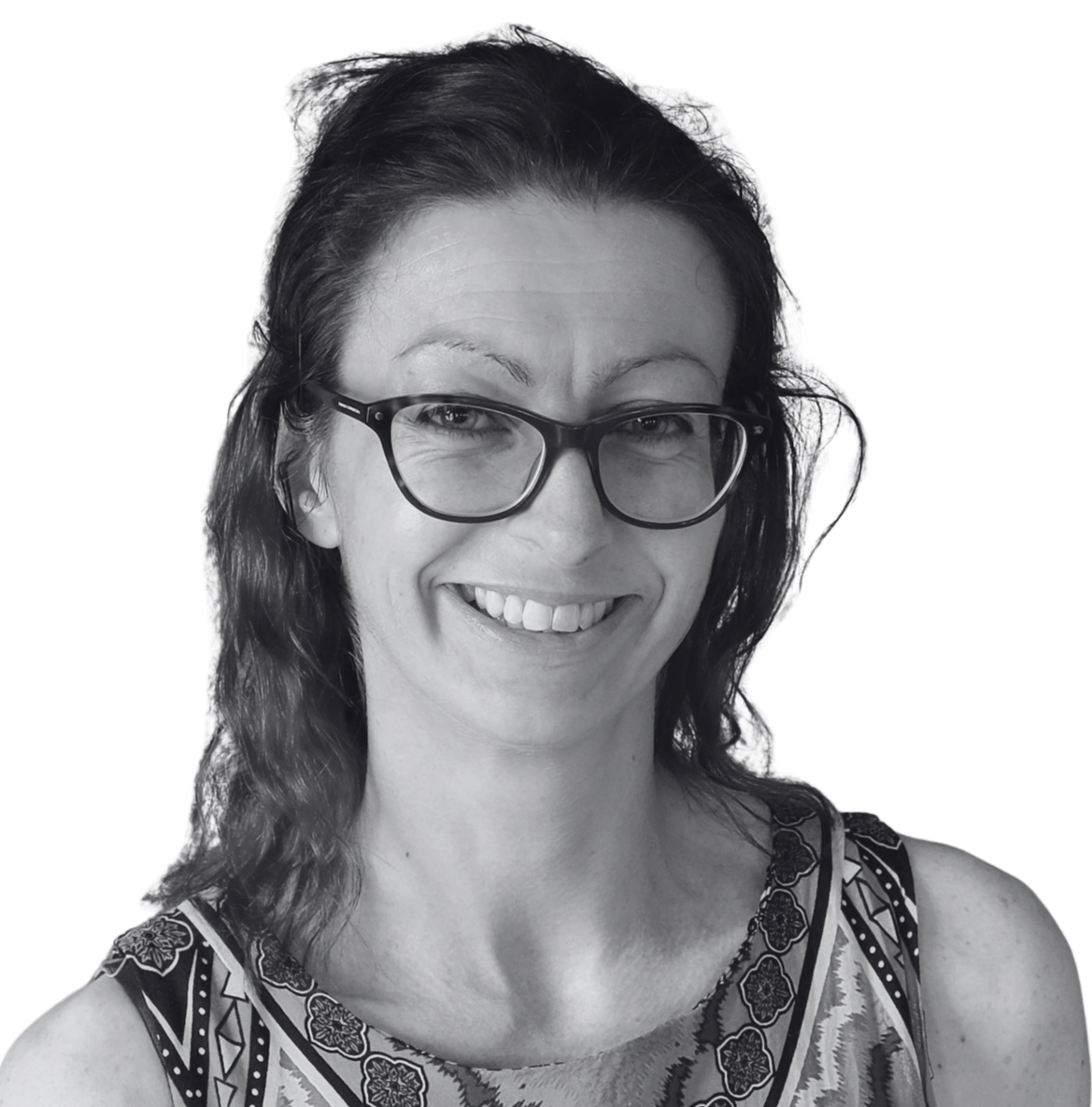I chose a degree in occupational therapy because of my experience receiving occupational therapy as a young person. Although I didn’t fully appreciate the breadth of the profession, the occupational therapy approach – supporting people to find ways to live irrespective of who they were or a diagnosis –resonated with me. When I qualified, I was enthusiastic about starting in practice and didn’t give another thought to research.
I was always keen to learn and be a better practitioner though, and during my part-time MSc in Clinical Criminology, I started to ask questions that couldn’t be answered by existing evidence. I enjoyed my dissertation and was excited by the idea of answering some questions by pursuing a PhD. This was how I found the NIHR/HEE Integrated Clinical Academic Programme. I attended a roadshow event about NIHR Fellowships and was convinced the pathway was for me, as it allowed me to complete a PhD in my specialist area whilst still practicing as an occupational therapist. I met many people who were generous with their time and ideas when I asked questions, and my NHS Trust were supportive. I approached potential supervisors and with the support of a University and my NHS trust, a huge amount of preparation and a rigorous application process, I was successful.
I love the variety of the projects I work on
I really enjoyed working in research and practice during the Fellowship and would recommend the programme. It equipped me with knowledge and skills applicable to health and the wider research landscape, as well as enabling me to focus on my research. The pieces of the puzzles didn’t come together to continue a clinical academic pathway, and as research had captured my heart, I moved into a full-time research post in 2021.
My first post-doc grant was funded by the Royal College of Occupational Therapists Research foundation, giving me my first experience leading a project. With the support of excellent colleagues, I have secured funding to lead two large projects and I contribute to other teams with my methods and topic expertise. Although there can be a perception that academia and research is dull – this is not my experience at all! I love the variety of the projects I work on, the different expertise among my colleagues, and the potential to have an impact on lives through our work.
At each step of my research journey, I have drawn inspiration and support from the generosity and experience of the mental health (and wider) research community. If someone was interested in taking the steps of a clinical academic or research career – there are many welcoming colleagues, and finding those colleagues is just a matter of asking.

